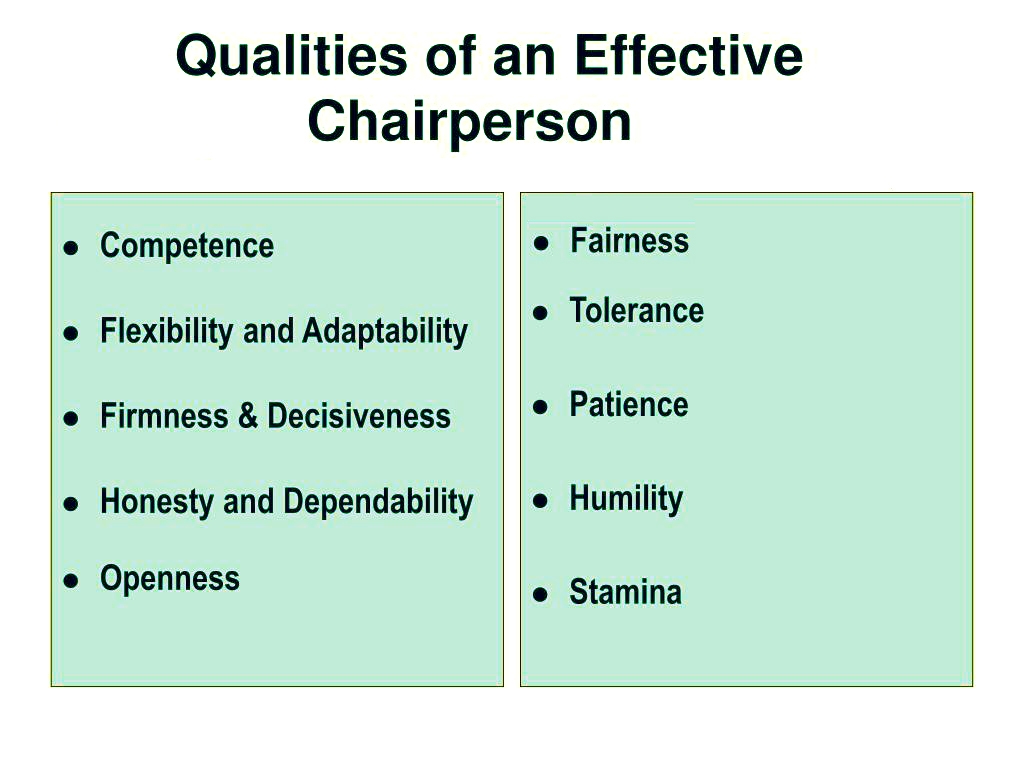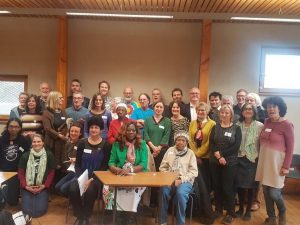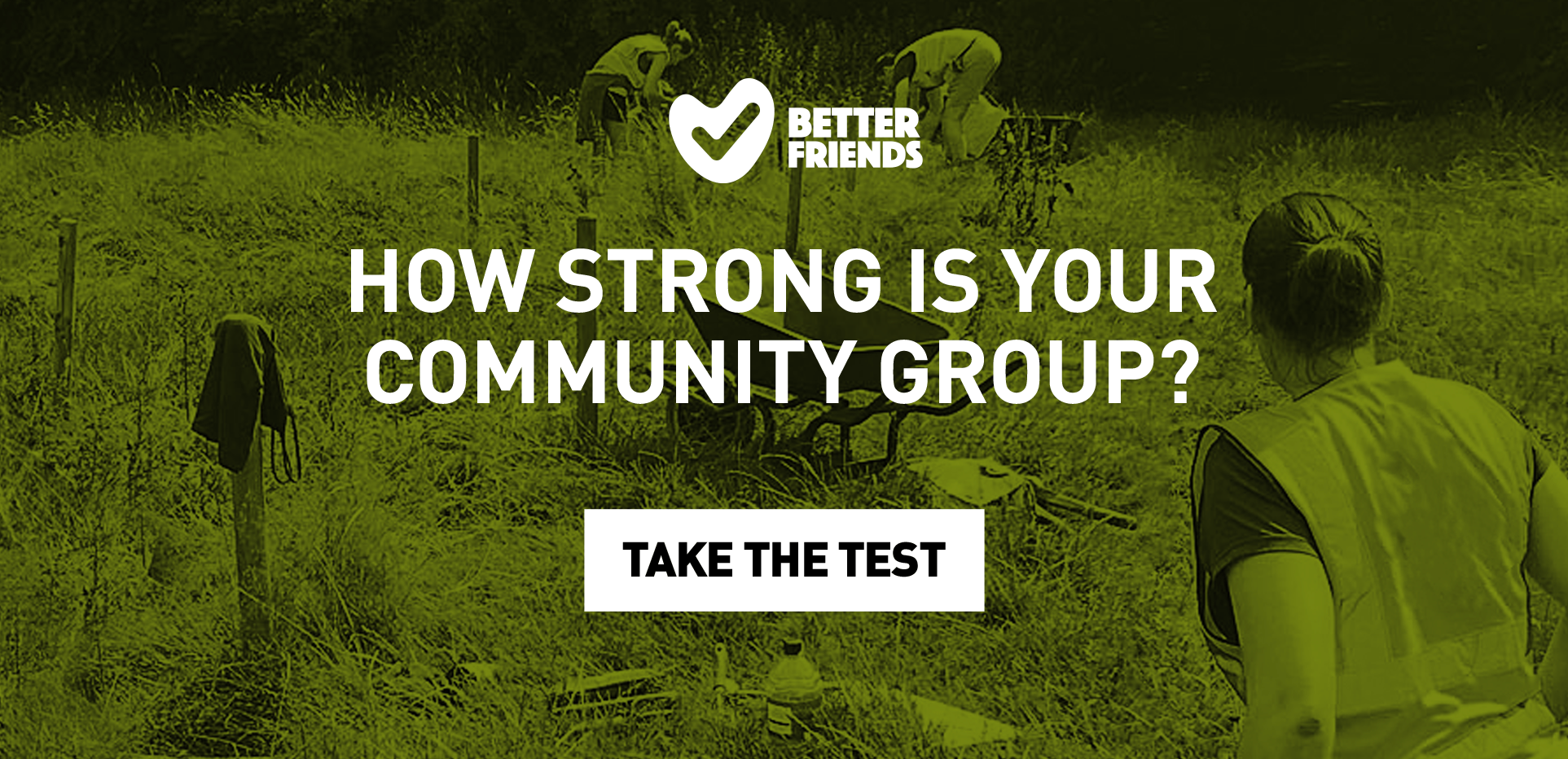Role of Chairperson
The Chair or Chairperson is a key role on any voluntary management committee. The chairperson must ensure that the committee functions properly, that there is full participation during meetings, that everybody has a chance to make comments, that all relevant matters are discussed, that meetings are kept to time and that effective decisions are made and carried out.
The role of a chairperson can sometimes be time consuming, with work between meetings and external representation of the organisation. Chairing an organisation requires good diplomatic and leadership skills.
Main duties of the Chairperson
To ensure the Management Committee functions properly
The chairperson is responsible for making sure that each meeting is planned effectively, conducted according to the constitution and that matters are dealt with in an orderly efficient manner. The chairperson must make the most of all his/her committee members and ‘lead the team’.
To represent the organisation as its figurehead
The chairperson may from time to time be called upon to represent the organisation to external bodies and sometimes be its spokesperson.
Characteristics of a Good Chairperson
A good chairperson will ideally:
- Be sensitive to the feelings of members;
- Be honest, impartial and objective;
- Start and finish meetings on time;
- Be decisive but approachable;
- Have an understanding of the voluntary/community sector;
- Be tactful and show patience;
- Have knowledge of the organisation’s role;
- Be able to delegate;
- Show interest in all members’ viewpoints and ensure an open discussion is allowed;
- Have sound knowledge of the organisation’s work;
- Have the ability to respect confidences;
- Ensure decisions are taken and recorded.
- Be flexible and adaptable where necessary
Some do’s and don’ts for a good chairperson
Do
- Make all members feel valued;
- Strive for consensus, using his/her casting vote sparingly;
- Plan for the future;
- Encourage new faces onto the committee;
- Listen to others;
- Make new members feel welcome;
- Allow others to take responsibility;
- Keep calm;
Don’t
- Be the person who talks most at the meeting;
- Allow meetings to become unproductive;
- Allow one or two people to dominate meetings;
- Cut people out of discussions;
- Make all the decisions;
- Make people feel foolish or useless;
- Force people to contribute to discussions;
- Lose his/her temper;
- Stay too long.

Reproduced with permission of North West Parks Friends Forum







